Description
Written by two of the pioneers in the field, this book contains a wealth of practical information unavailable anywhere else. The authors give a comprehensive presentation of the field of adaptive control, carefully bending theory and implementation to provide the reader with insight and understanding. Benefitting from the feedback of students and colleagues who have used the first edition, the material has been reorganized and rewritten, giving a more balanced and teachable presentation of fundamentals and applications.
View more
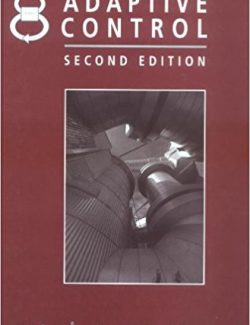
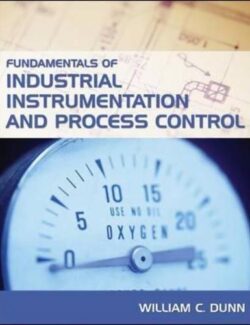
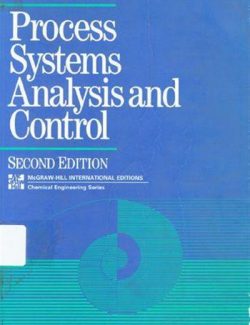
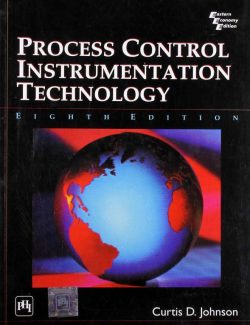
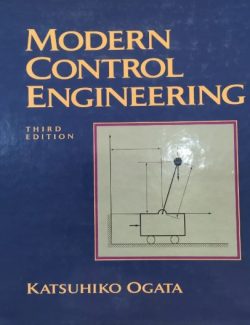
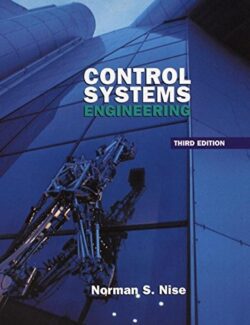
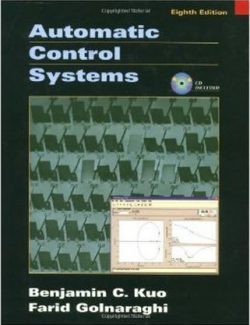
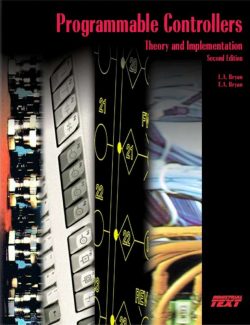
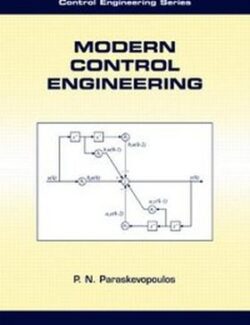
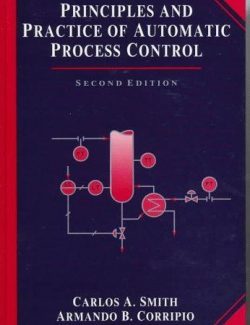
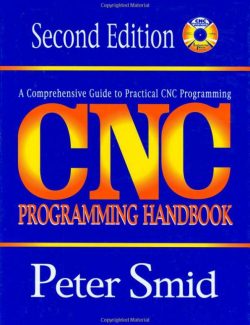
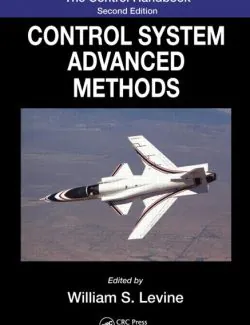
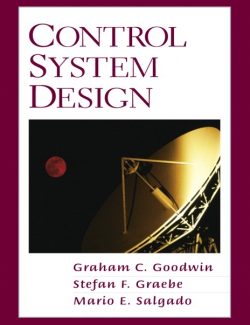
Leave us a comment
No Comments